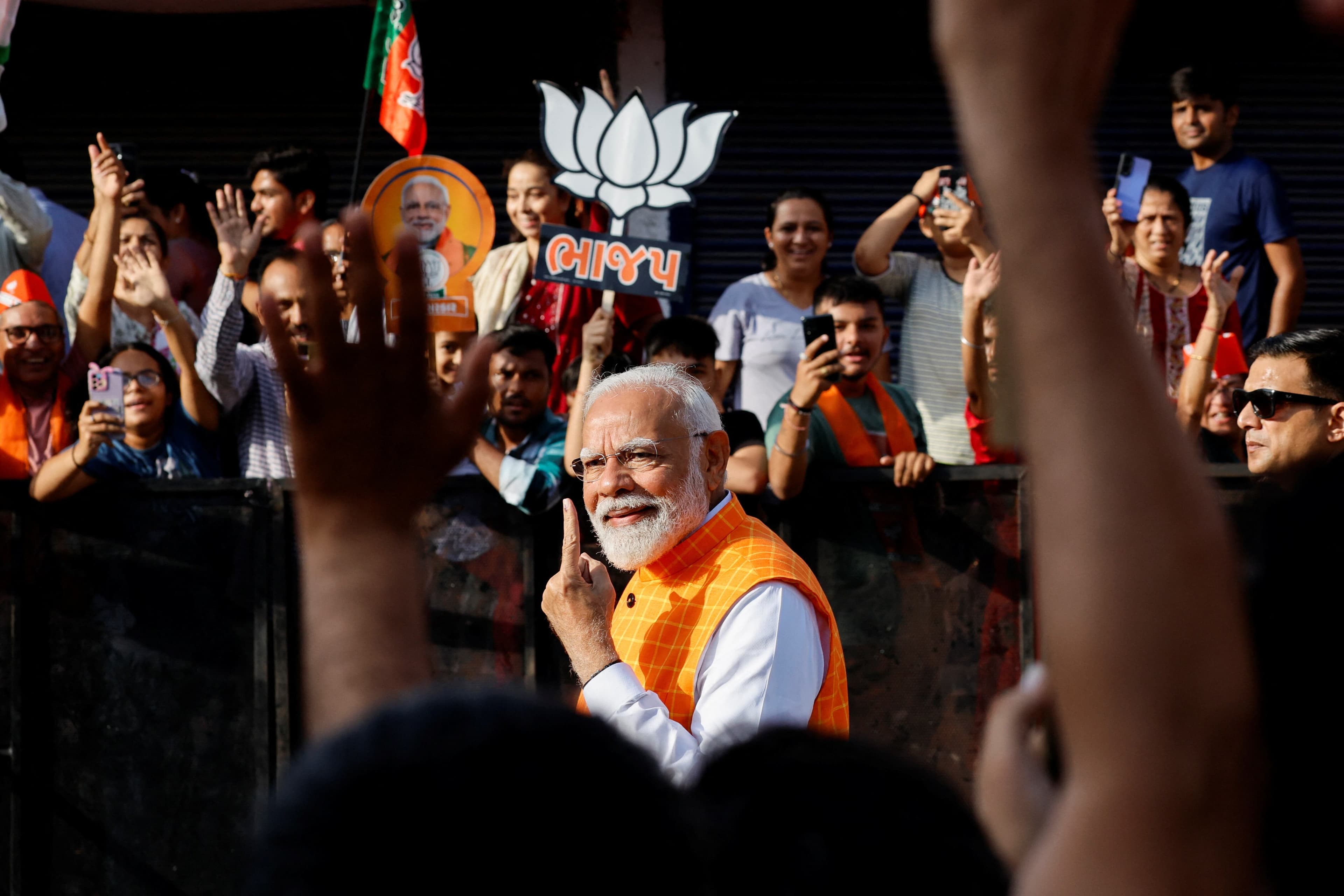We're loading the full news article for you. This includes the article content, images, author information, and related articles.
As Indian politicians secure victories with populist handouts, the practice raises critical questions about fiscal sustainability and democratic integrity, offering a cautionary tale for Kenya's own electoral landscape.

NEW DELHI - In the fiercely contested political arena of the world's largest democracy, a potent strategy is increasingly deciding election outcomes: the promise of 'freebies'. From cash transfers to household goods, Indian political parties across the spectrum are leveraging populist giveaways to woo voters. While these measures can deliver short-term relief to citizens, they ignite a pressing debate on their long-term economic affordability and ethical implications for the electoral process, a conversation with significant resonance for developing democracies like Kenya.
The trend has seen parties promise everything from television sets and bicycles to direct cash payments, particularly targeting women, who have become a formidable voting bloc. A recent victory in Bihar, India's poorest state, for an alliance led by Prime Minister Narendra Modi's party was partly credited to a ₹10,000 (approx. KSh 15,000) cash handout for women, which coincided with a record female voter turnout. Similarly, cash transfer schemes for women were a key factor in state elections in Maharashtra and Jharkhand. According to a report by PRS Legislative Research, as of 2025, at least 12 Indian states are projected to spend a collective ₹1.68 trillion (approx. KSh 2.2 trillion) on such unconditional cash transfers to women.
The practice has sharply divided opinion. Economists like Jean Drèze argue that for many of India's poor, election-time promises are one of the few avenues to extract tangible benefits from the political class. Proponents also suggest these handouts can stimulate local economies and empower marginalized groups, especially women. Some schemes, such as providing bicycles to schoolgirls, have been lauded for boosting school attendance and mobility.
However, the strategy has drawn sharp criticism, most notably from Prime Minister Modi himself, who has warned against the dangers of what he terms "revdi culture"—likening the giveaways to the frivolous distribution of sweets. Critics, including the Prime Minister, argue that this approach fosters a culture of dependency, burdens state finances, and diverts funds from essential long-term development projects like infrastructure, education, and healthcare. This sentiment is echoed by India's Supreme Court, which has repeatedly expressed concern that such practices could be creating a "class of parasites" and discouraging people from working. The court is currently hearing petitions that challenge "irrational freebies" as an unethical practice akin to bribery that vitiates the electoral process.
The core of the issue lies in affordability. Many of India's states are already grappling with significant debt and fiscal deficits. Lavish spending on pre-poll promises exacerbates this financial strain. According to the Reserve Bank of India (RBI), freebies can impose a significant burden, with costs in some states reaching over 10% of their total revenue. This populist spending often leads to cuts in capital expenditure, hindering long-term growth and asset creation. A NITI Aayog 'Fiscal Health Index' for 2025 revealed significant fiscal challenges for several states, with some of the worst performers, like Punjab and Andhra Pradesh, known for high spending on subsidies.
This pattern of election-induced spending is not unique to India. Studies on developing economies, including in Africa, have shown a correlation between election cycles and rising public debt, as incumbent governments increase spending to secure votes. This can create a cycle of fiscal fragility, making countries more vulnerable to economic shocks.
While direct political ties are not always apparent, the Indian experience offers a powerful lens through which to view Kenya's political landscape. The culture of election handouts, voter bribery, and populist promises is a familiar theme in Kenyan elections. The debate in India over the line between legitimate social welfare and unsustainable populism is highly relevant as Kenya navigates its own development path and seeks to strengthen its democratic institutions.
The Indian Supreme Court's struggle to define and potentially regulate "irrational freebies" mirrors the challenges faced by Kenya's Independent Electoral and Boundaries Commission (IEBC) and judiciary in tackling voter inducement. As both nations are major trading partners with growing bilateral ties, understanding the political and economic drivers in India is crucial. The long-term consequences of prioritizing short-term electoral gains over prudent fiscal management in India serve as a critical case study for Kenyan policymakers and citizens alike. The fundamental question remains: can a democracy afford a political culture where votes are won not by policy and performance, but by the promise of a handout at the expense of future stability?
Keep the conversation in one place—threads here stay linked to the story and in the forums.
Sign in to start a discussion
Start a conversation about this story and keep it linked here.
Other hot threads
E-sports and Gaming Community in Kenya
Active 9 months ago
The Role of Technology in Modern Agriculture (AgriTech)
Active 9 months ago
Popular Recreational Activities Across Counties
Active 9 months ago
Investing in Youth Sports Development Programs
Active 9 months ago